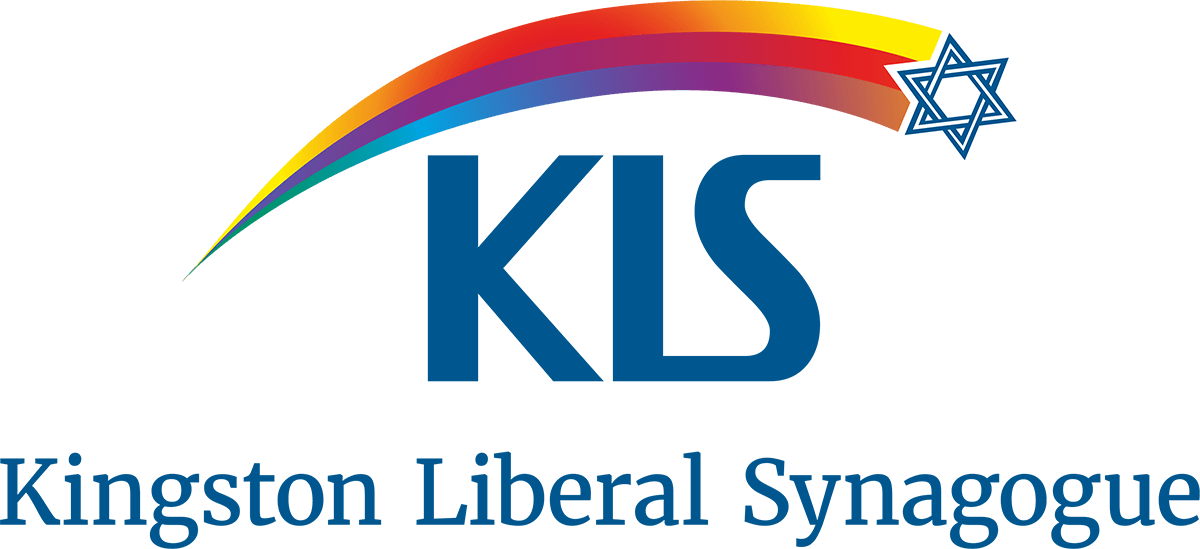Train carriages
Last week, for the first time in months, I had to go to North London for an appointment. It was really strange to see these empty carriages, and the low number of people walking in the tube. Everywhere signs can be seen, urging people to wear masks, and maybe half of the people I’ve met actually complied with this rule. There is no enforcement for the moment, and people can walk freely with or without mask. A member of my family, who works in a studio, insisted to wear a mask, and people laughed at her. Come on, it is only dangerous for old people. Young people are not at risk. Don’t you have parents or grandparents you want to protect? she replied. Her question was met with silence.

I have remembered recently when I was most likely infected with Covid. I was on a train journey, and the man sitting next to me coughed without covering his mouth. When I told him off, he shrugged his shoulders and turn towards the window. I walked away, but it was too late. Five days later, I was stuck in bed with temperature, coughing and feeling ill. I am pretty sure, most of the people in the carriage the same day met the same fate. And I am also pretty sure that this man would feel really bad if he knew what he did to me and to others. But it was early March, and he still had the excuse of wishful blindness.
But 6 months later, nobody can hide behind an excuse such as, I don’t know. We have seen the number of cases rising, horrible stories from A&E departments where people flocked and couldn’t be properly treated, and the high number of deaths. And I read yesterday in the news that the number of cases is rising again in some parts of the North.
So, what is happening to us? What are some of our fellow citizens so careless and blind about the situation?
Why carelessness?
First, there is defiance. Some people have argued that the government cannot tell them what to do, and they refuse to wear of mask, as they see it as an infringement of rights. These people are actually the same who blame the government when something goes wrong in their lives. It is very easy to blame the authorities of a country in a time of crisis, saying that they are lying, hiding the truth, limiting our freedom, or taking the wrong measures. It’s part of the democratic process, but they forget that the other side of it part is personal responsibility.
Then, there is blindness. This cannot happen to me, it strikes only my neighbour. I am immune, special, not concerned. That is a very natural human response in a time of crisis. We turn a blind eye to a situation, hoping that we may be spared if you don’t look at it. It is the Rabbit in the headlights syndrome.
With blindness, comes selfishness. If I am not affected by something, I am not interested. Anything can happen to my neighbour, I don’t really care. Again, this is sadly also a very natural human response to hardship of life, and a response that forgets we are all interconnected, and what hits the person next to me can hit me equally.
I would like to suggest a fourth explanation, that is fear, or vulnerability. Nobody likes to be reminded of our essential frailty, as expressed once by the French philosopher Pascal: how frail is a human being, a drop of water or a drop of air can end his life.
Moses’ poignant prayer
Our weekly parasha opens with a very poignant prayer uttered by Moses.
I [Moses] pleaded (va’et-hannan) with the Eternal at that time, saying, “O Eternal God, You who let Your servant see the first works of Your greatness and Your mighty hand, You whose powerful deeds no god in heaven or on earth can equal! Let me, I pray, cross over and see the good land on the other side of the Jordan, that good hill country, and the Lebanon.” But the Eternal was wrathful with me on your account and would not listen to me. The Eternal said to me, “Enough! Never speak to Me of this matter again! Go up to the summit of Pisgah and gaze about, to the west, the north, the south, and the east. Look at it well, for you shall not go across beyond the Jordan. Give Joshua his instructions, and imbue him with strength and courage, for he shall go across at the head of this people, and he shall allot to them the land that you may only see.” (Deut. 3:23–28, trans. The JPS Torah Commentary)
Moses knows that he won’t be allowed to fulfil his life’s mission. He will see the Promised Land, but he won’t settle in. Maybe his job was to lead the people up to this point, and then leave it to others to write the next chapter of our history? Anyhow, it is harsh, and even an enlightened man like Moses is upset by that.
However, this prayer offers the model of a leader who doesn’t deny personal vulnerability and need, but also a person who acknowledges his personal feelings and emotions. Eventually, this realization helps Moses to see through the last part of his life, and to lead the people where they are supposed to go.
When I wear my mask, I say to the person I meet, I care about you…..
We are all scared by this invisible enemy, and we develop strategies to conquer fear. Very often, sadly, it is by denying reality, or thinking that we are immune to it. We are not honest with ourselves. We should say, yes, I am scared, but together we will fight and overcome this crisis.
When I wear my mask, I say to the person I meet, I care about you. I want you to be safe, and I hope you will do the same for me. Whether we like it or not, we are not that special, but we are all unique, and deeply connected with each other. This is why our community is so strong: we care for each other, and we look after each other. It is not that difficult, is it?
